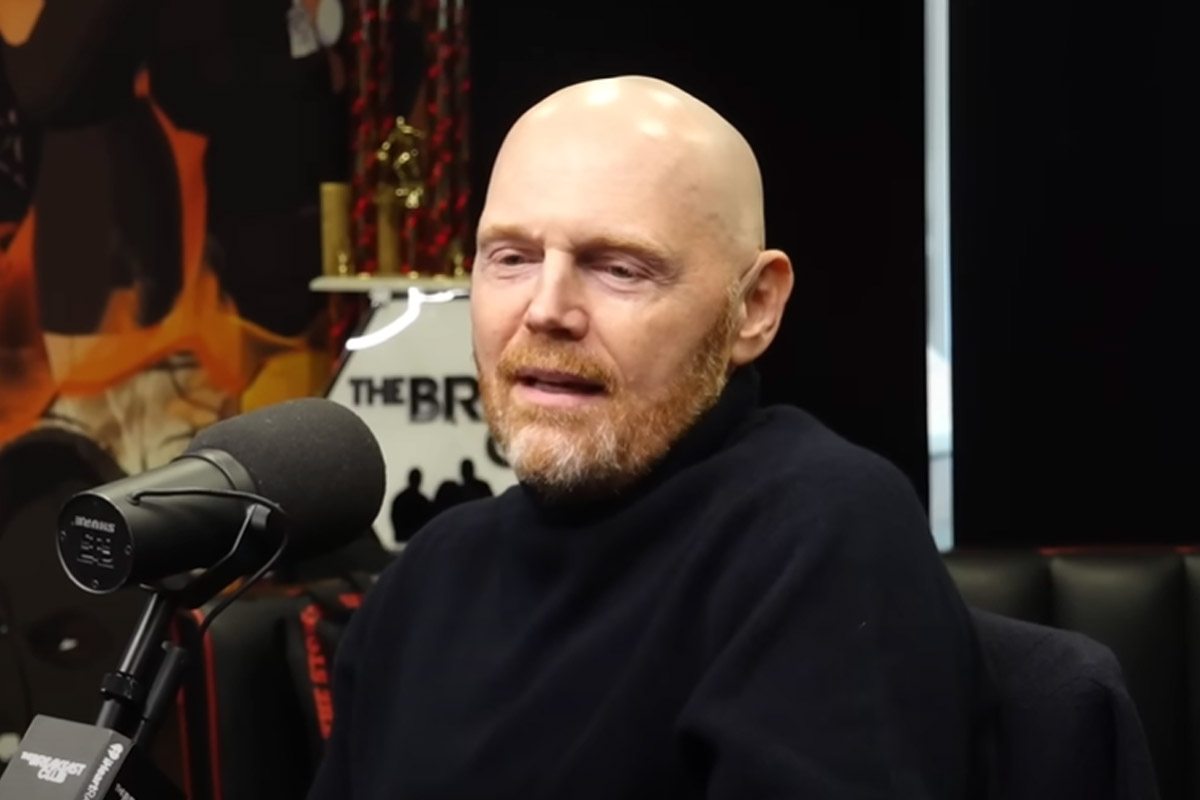Bill Burr discussed his evolving relationship with Pearl Jam’s music on Late Night with Seth Meyers. His comments came during a conversation about meeting Eddie Vedder at SNL’s 50th anniversary celebration.
“Eddie Vedder, lead singer of Pearl Jam – that was the band that made me realize my youth was over,” Burr explained. “I was watching all the hair metal and all of that, you know, and all those bands, and I was loving them.”
“And then Nirvana came in, and I was like, What’s this?” he continued. “They always say, like, Nirvana knocked it out. That was another one of those grunge Seattle bands. And that’s when I was like, Oh, my God. This isn’t ending. Like, this is just gonna keep coming.”
“I got to sit next to him, and he was cracking up,” Burr added. “I go, Do you know how long it took me to admit how great a band Pearl Jam is? Because now I love ’em. But it was like 20 years where I just, like — I’m not listening to those guys.”
His candid revelation illuminates the broader cultural shift of the early 1990s when grunge music reshaped the rock landscape.
Musical Evolution

Consequence highlighted Burr’s deep roots in 80s hair metal. His early musical influences included bands like Mötley Crüe, Poison, and Ratt.
The emergence of grunge music marked more than a simple change in musical preference for Burr. It represented the conclusion of an era he cherished deeply.
The Pearl Jam Effect

KSHE95 noted that Burr specifically identified Pearl Jam as the catalyst for hair metal’s decline. This perspective differs from the common narrative that typically credits Nirvana for this transformation.
His unique viewpoint offers a fresh perspective on the grunge revolution. It challenges the traditional story of Nirvana’s singular influence on 1990s rock music.
Family And Modern Influence

Music Radar revealed that Burr now shares classic rock with his children. He particularly emphasizes bands like AC/DC in their musical education.
This sharing of music across generations demonstrates Burr’s complete musical journey. He has embraced both his original influences and the evolution that once challenged his musical preferences.





